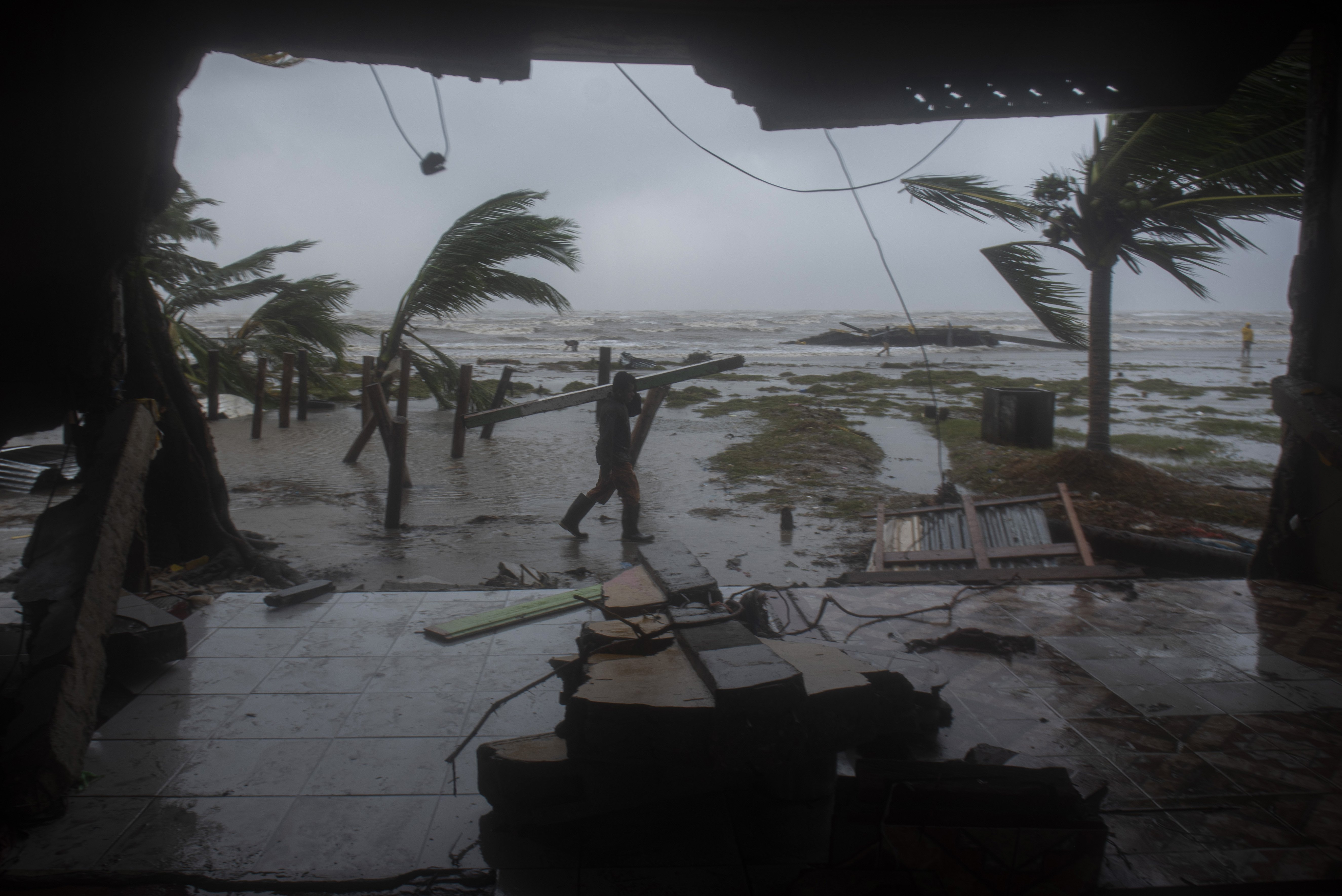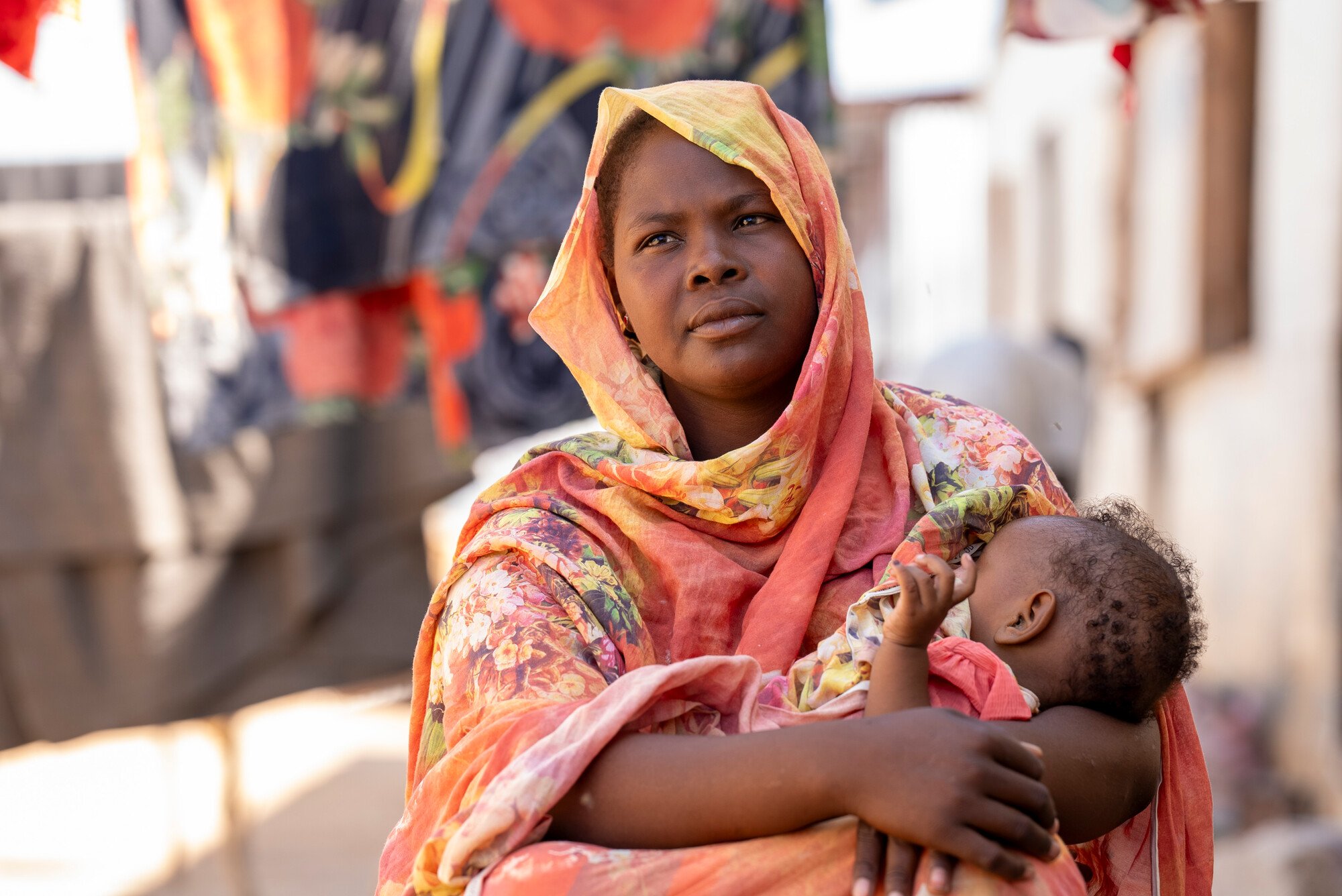Cyclones in Asia and hurricanes in Central America hit areas already struggling with climate change and COVID-19.
In the later months of a year marked by a disastrous COVID-19 pandemic, Oxfam is responding to multiple storms hitting communities already struggling with poverty and the coronavirus in the Philippines and several countries in Central America.
In the Philippines, which typically experience 20 typhoons each year, three significant storms have hit in a four-week period. Oxfam and our partners have mobilized resources to assist communities affected by super typhoon Goni in early November. Goni hit several regions of the country, with the Bicol region experiencing the worst effects. Goni affected two million people and killed at least 16, and destroyed thousands of homes and damaged the crops of more than 26,000 farmers. Estimates of crop damages exceed $36 million, according to the Philippines Department of Agriculture.
By the middle of November, typhoon Vamco hit the Cagayan Valley in northern Luzon, an area already heavily damaged by typhoon Mangkhut in 2018 and still struggling to recover. Hundreds of thousands of families were affected in this area.
Mirriam Solleza, an advisor on water, sanitation, and hygiene for Oxfam Philippines, lives in Quezon province, an area hit badly by Vamco. “My house is submerged in floodwater and our drinking water is contaminated. Wells are completely submerged,” she says. “There are many houses totally washed out in my village. Toilet facilities are damaged. Our livestock and rice, bananas, and vegetables are badly damaged. We were supposed to continue harvesting next week. This is no longer possible.”
Oxfam, with its partner the People’s Disaster Risk Reduction Network and a consortium including ADRA and World Vision, is helping people in the Bicol region. “The consortium aims to reach over 49,000 disaster-affected people in the Bicol region,” says Oxfam Philippines Director Lot Felizco. “We prioritize critical lifesaving aid, such as water, sanitation, hygiene awareness and protection, and food and cash.”
Hurricanes hit Central America
In Central America, two hurricanes came ashore in November within a week. First, hurricane Eta hit the eastern Caribbean coast of Honduras and Nicaragua, and went across Guatemala and El Salvador. A week later, hurricane Iota came through almost the same communities that Eta destroyed the previous week. The storms affected more than seven million people. More than 250,000 houses were damaged and more than 380,000 people were displaced in shelters.

Communities across Central America have already been suffering through the COVID-19 pandemic, as well as severe drought in some areas that has severely limited agricultural production.
Oxfam and its partners in the countries affected by these storms are delivering water, emergency food, hygiene kits, personal protective equipment to prevent COVID-19, and tools to move rubble, as well as equipping humanitarian shelters. Within days of these two storms, they have reached more than 45,000 people.




